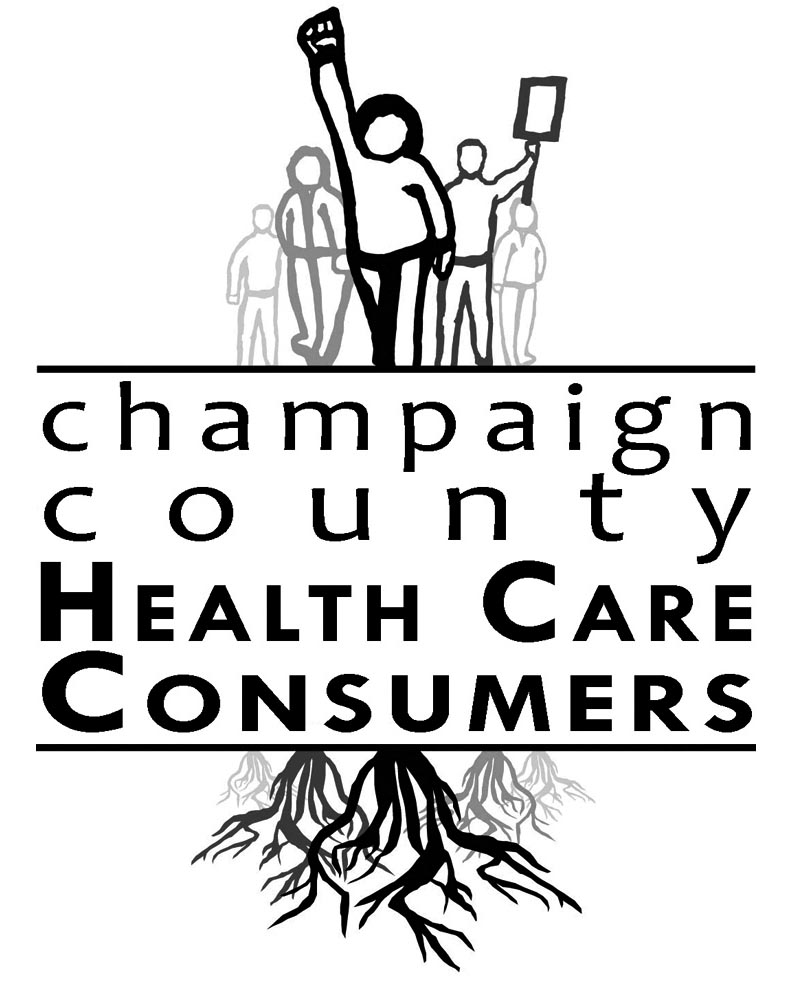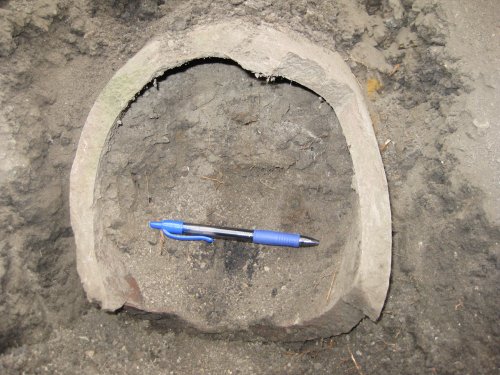Part D is a problem for all taxpayers!
The Medicare Part D prescription drug program is a failure that all Americans pay for through their federal taxes. The Part D program, rather than providing a real prescription drug benefit to seniors and people with disabilities, wastes billions of tax dollars and fails to provide affordable prescription drugs to Medicare beneficiaries on fixed incomes, while providing windfall profits to the insurance and pharmaceutical industries.
What is Medicare Part D?
Medicare Part D is the prescription drug plan for people with Medicare. Part D was created by Congress when it passed the Medicare Prescription Drug, Improvement, and Modernization Act of 2003. Part D went into effect on January 1, 2006.
Part D forces Medicare beneficiaries into private insurance plans.
Unfortunately, the law that created Medicare Part D prohibits the federal government from providing prescription drug coverage directly through Medicare, as it does health care coverage. Instead, prescription drug coverage under Part D is only available through private insurance plans. There are dozens of plans in each state and each has different monthly premium costs and co-payment amounts, and all cover different lists of medications that can change at any time and without warning.
Using private insurance for Part D is costly for beneficiaries and the public.
Traditional Medicare, administered by the federal government, has very low administrative costs of 2-3%, whereas private health insurance administrative costs are at least 3 times as high, and sometimes much higher. Medicare is affordable because it creates a large pool of beneficiaries, which spreads the risks and costs of the program among millions of people (47 million) – something private insurance companies cannot do. In addition, private insurance companies are for-profit companies that inflate the price of coverage in order to generate profits for their share-holders. Using private insurance companies to provide the Part D coverage is more costly because it divides the negotiating power of Medicare beneficiaries across hundreds of plans, and inflates the cost of coverage in order to generate profits. These higher costs are passed on to the Medicare beneficiaries and the taxpayers who fund the Part D program.
Part D prohibits the government from negotiating discounts on drug prices.
In addition to forcing Medicare beneficiaries into private insurance plans, Part D also prohibits the federal government from using the bulk buying power of Medicare beneficiaries to negotiate lower drug prices on behalf of the 47 million Americans with Medicare.
The prohibition against negotiating lower drug prices increases costs for all.
Because the federal government is prohibited from negotiating lower drug prices on behalf of the 47 million Americans with Medicare, the pharmaceutical industry can continue to raise its prices unchecked. This prohibition must be lifted. The Veteran’s Administration (VA) is able to control drug prices for veterans through negotiation. A recent study by Families USA found that the median price difference between the lowest Part D plan price, and the lowest VA price was 46%. The study also found that the lowest Part D prices were up to 418% higher than the lowest VA prices. Because of the inability to control drug costs through negotiated discounts, the prices for the top 15 drugs prescribed to seniors have increased nearly 4 times the rate of inflation. Private insurance companies, which must generate profits, push these extra and increasing costs onto Medicare beneficiaries in the form of higher premiums and drug co-pays. Insurance companies have raised the average premium for all stand-alone Part D drug plans by 8.7% to $40 a month for 2008.
Who pays for Part D? You do!
All taxpayers pay for 75% of the cost of the Part D program. Instead of providing Part D drug coverage directly through the traditional Medicare program, the federal government is contracting with private insurance companies, at for-profit rates, to supply drug coverage for Medicare beneficiaries. When a Medicare beneficiary signs up for a Part D plan, the monthly premiums they pay are actually only 25% of the cost for that plan. Medicare pays the insurance company an additional 75%, using federal taxpayer dollars.
Who profits from Part D?
Insurance companies and the pharmaceutical industry are making enormous profits from Medicare Part D at the expense of Medicare beneficiaries and hard-working taxpayers. Humana, the second largest sponsor of Medicare private health plans reported record-breaking profits of $302 million dollars from the months of July through September 2007 alone.
Does it have to be this way? What can be done to fix Part D?
Congress created Part D, and Congress has the power to change Part D. We must demand that Congress create a REAL Medicare prescription drug benefit that is administered and provided directly by Medicare and that allows the federal government to negotiate discounted drug prices on behalf of the 47 million Medicare beneficiaries.
The Medicare Prescription Drug Savings and Choice Act would accomplish these goals. Co-sponsored by our own Illinois Senators Dick Durbin and Barack Obama, and Representative Jan Schakowsky, this legislation would create a Medicare-administered drug plan, with no coverage gaps (like the infamous and harmful “Doughnut Hole”), that would serve as an alternate option for Medicare beneficiaries. The Medicare Task Force of the Champaign County Health Care Consumers (CCHCC) is advocating for passage of this bill.
Click here to download this document (PDF).




